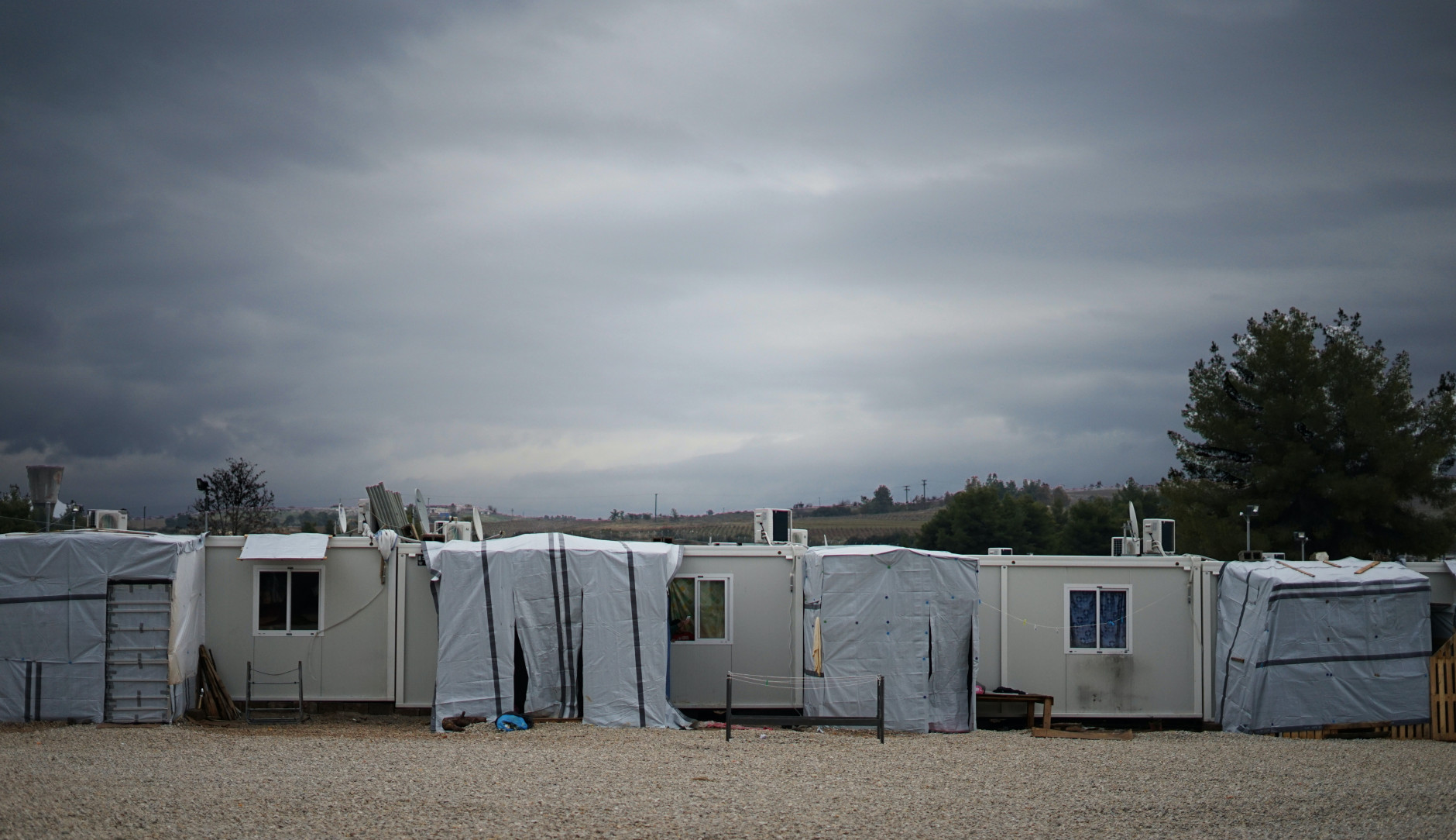EU Council Agreement on a common European Asylum System is a step in the wrong direction
Only by truly treating asylum as a European issue, instead of a national issue, can we solve its current crisis.

Yesterday, after 8 years of negotiating, the Interior Ministers of all 27 Member States finally agreed on the Council position for a new common European asylum system. The agreement was long overdue, as the indecisiveness of Member States has left Europe and especially the asylum-seekers exposed to incredible horrors. Recent incidents include deportations from the Greek soil, shipwrecks on Italian shores, large-scale detention in Malta, and many more. In addition, the lack of a functioning system is the one and only strongest driver for far-right populists in all elections.
However, what Ministers will endorse tomorrow is a step in the wrong direction! EU ministers want to put prison camps, with watch towers, barbed wires, and video surveillance at the core of our system. These prison camps are supposed to house kids and families alike, as part of the regular procedure. The fact that we want to jail migrant children is absolutely against the values we stand for in Europe.
On top of that, Member States, not the EU as a whole, are able to determine what country is safe for migrants to return to and will be able to reject migrants because of that. Although they are obliged to show a connection to that country, like family ties, Member States can decide the criteria for connection themselves, meaning asylum seekers might be send back to countries of transit where they have no ties.
In addition, governments failed once again to show real solidarity to each other, allowing countries to buy their way out of helping each other with relocating asylum-seekers and refugees from our borders to other EU countries. Instead, they can buy off their responsibility by transferring 20.000 euros per asylum seekers to countries in need. All in all, their agreement is a capitulation in the light of pressure from the right, but will not help to control migration flows in Europe and will violate human and children rights even more.
"A humane asylum system and fast integration is possible, as the Ukrainian example has shown. We need fair and quick asylum procedures, increased relocations across Europe, and yes, also functioning returns. But what the ministers propose will leave generations of migrants scarred and traumatized."
Damian Boeselager, Volt Member of the European Parliament
"In the end, none of the proposals before us allow for more control over migration flows, while the countries bordering the Mediterranean Sea are already filled to the brim with refugees. We support proposals that improve the situation, not worsen it."
Laurens Dassen, Volt Member of the Dutch Parliament
So, what needs to change?
The EU needs a mandatory solidarity framework, meaning that Member States divide asylum seekers fairly among the 27 Member States. This makes it easier for Member States to process and host asylum seekers and give them humane treatment. Financing and operational support cannot replace a Member States’ relocation responsibility.
When relocating asylum seekers, we need to take into account if they have links with the countries they are relocated to. Think of cultural ties, speaking the same language or having previously studied or worked in the country. This will improve integration.
The EU needs a fair and quick asylum procedure, with the same standard across Europe. In this way people will get the same treatment in the whole of Europe and will be discouraged from moving around.
Border procedures will need to adhere to the same standards as regular procedures, ensuring that human and particularly children’s rights are respected at all times and the standards of the UN Refugee Convention are maintained. No children may be detained.
Asylum seekers that are not eligible for asylum, should only be returned to countries where they have a strong and proven connection, with EU-wide, pre-set criteria, like family or several years of work history.
Only by truly treating asylum as a European issue, instead of a national issue, can we solve its current crisis. We need to work together as one.